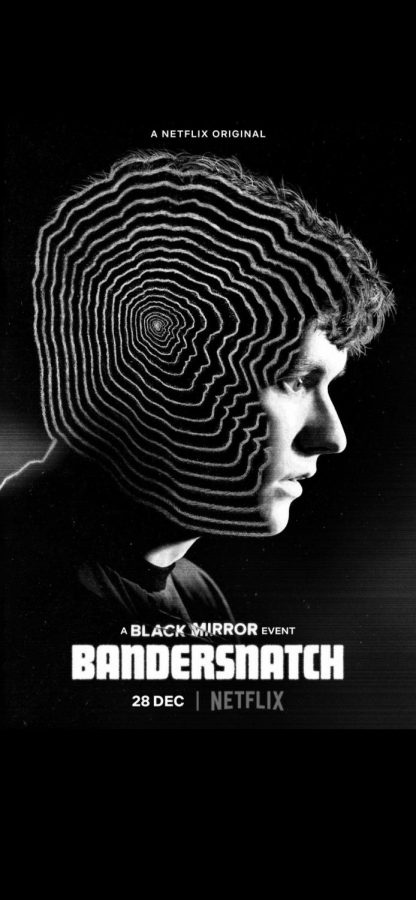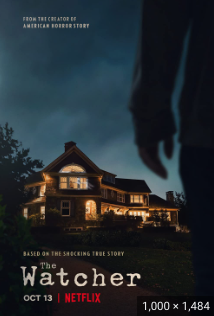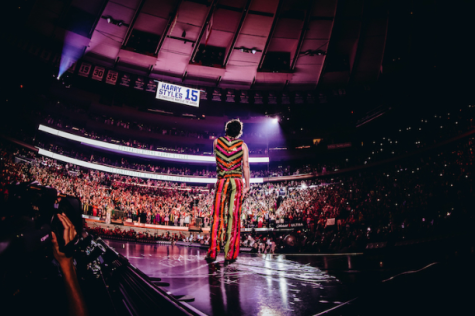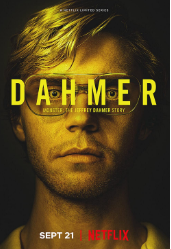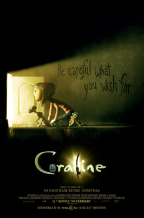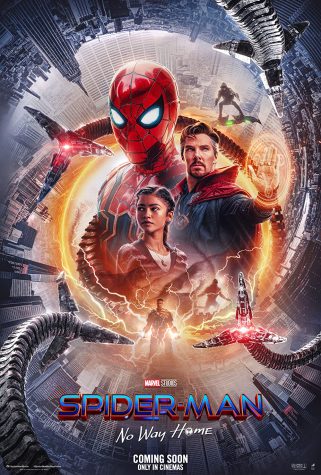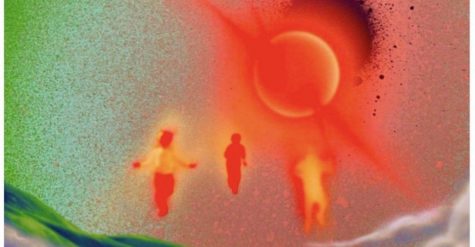Netflix introduces revolutionary new ‘choose your own path’ episode of “Black Mirror”
As the digital age comes further into fruition, streaming services such as Netflix and Hulu continue to dominate the entertainment medium and innovate the groundwork implemented in the industry thus far.
Netflix, who has pushed the boundaries of its service with creative original shows in the past, recently took a first leap into the future with a new form of television that puts the audience in control of the characters on screen.
Taking inspiration from “choose your own adventure” books, Netflix’s latest episode of its exclusive show “Black Mirror” puts the audience in control of the fate of the main character on screen.
Modeling as a modern day “Twilight Zone,” “Black Mirror” follows different characters in a not-so-distant high tech world and the different impacts that such technology imprints on them. Within each episode show creator Charlie Brooker focuses on the intrusiveness of modern day technology and the possible dark consequences that can stem from it in the future, often depicted through somewhat exaggerated character storylines and scenarios.
Throughout the course of the four season show, Charlie Brooker has been able to successfully captivate audiences with original technology-based concepts and underlying dark twists behind them. “Bandersnatch,” the most recent episode of the show, innovates on an entirely different level by giving viewers the ability to follow their own narrative.
Set in 1984, the episode follows the life of young game programmer Stefan (Fionn Whitehead) as he develops “Bandersnatch,” a choose your own adventure novel, into a video game.
As the episode continues to progress, viewers are given the choice to pick from two on-screen prompts that display for about ten seconds and dictate the next actions of Stefan and those around him. While the episode starts out with seemingly innocent prompts, such as picking between two different brands of cereal for breakfast, the episode quickly turns dark in true “Black Mirror” fashion.
While seemingly innocent and un-consequential at first, the different outcomes embedded behind each choice grow increasingly more complex and lead to different sets of footage and prompts.
Giving the audience their own creative sense of freedom is not only groundbreaking in a narrative sense, but allows the audience to be more immersed in the world on screen. Although Director David Slade and the crew shot roughly 312 minutes of footage for the episode altogether, the decisions of the viewer can lead to narratives that can be as brief as 40 minutes or as long as 90 minutes.
Reception for “Bandersnatch” has been overwhelmingly positive since its release on the platform on December 28. Having well surpassed the intentions of Brooker, “Bandersnatch” has spread quickly and sparked conversation for jump-starting a new era of “control-your-own adventure” television medium.
Despite its overall success, “Bandersnatch” leaves room for improvement for future television shows of a similar nature. While the “choose-your-own adventure” concept of the episode is enough to engage the audience alone, the plot of the episode can come off as generic at times depending on the paths taken by viewers and is comparatively less interesting than other prior episodes in the series.
Due to the nature of the “choose-your-own-path” concept, the episode can oddly feel both overwhelming and underwhelming at times. The beginning of the episode, for instance, starts relatively slow and laid back with an emphasis on world-building, while later portions of the episode move at a very heightened pace and include intense fourth-wall breaking scenarios and prompts to choose from.
Regardless of its flaws, the unique concept that “Bandersnatch” introduces has spurred endless potential for future interactive shows and events. Netflix and Brooker have started something much larger than they could have ever imagined, and have forever changed the state of television for the future.

